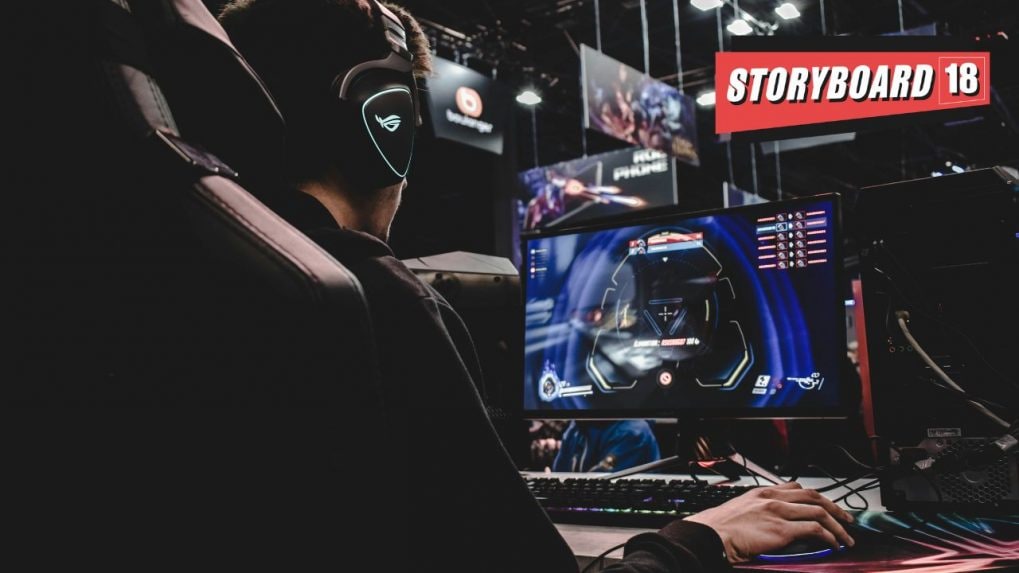Brand Makers
Dil Ka Jod Hai, Tootega Nahin

Its been a little over six months after the government implemented a 28 percent Goods and Services Tax (GST) on online gaming bets and the industry is grappling with its impact with no hope of recovering from the slump. Companies are now bracing for a potential revenue drop exceeding 50 percent and some profit making firms have even slipped back into losses.
"We were on a growth path in 2024 but now are running on losses," said a gaming company founder who did not want to be named.
“With the new GST regime our monthly tax outlay has increased 4X. With 60 percent- 70 percent 70 of revenue going towards GST, there's barely any margin left for operations. Everyone is absorbing the tax to avoid losing customers so we are following the same route. We were hoping for discussions in March, but it's now delayed until the first GST meeting after the new government formation,” they added.
The 28 percent GST, implemented in October 2023, is levied on the full value of online gaming bets, not the net winnings (the difference between what's wagered and what's won).
Simply put, players are expected to pay a 28 percent GST on the total amount they deposit, which increases the cost of playing. For instance, if a player wagers Rs 100, they'd effectively have Rs 28 less to play with due to GST, on top of any platform fees. This naturally reduces potential winnings.
Adding to the burden, there's also a 30 percent TDS (tax deducted at source) applied to winnings, leaving players with a significantly smaller portion of their wins.
As per Lumikai’s October 2023 report, around 60 percent users have said that new GST and TDS rules would negatively impact how much they play.
To avoid this situation, many online gaming companies are currently absorbing some or all of the GST burden.
This has resulted in closing down of smaller continues and those who continue to operate have implemented massive cost cuts across board.
“Marketing expenses have been slashed by more than half,” another gaming company founder revealed on conditions of anonymity.
“The downsides of these measures will soon start showing. Brands can’t survive without any marketing and advertising costs. On The other hand, offshore companies advertising no GST or TDS are making things worse. We have no resources to counter their marketing blitz,” they added.
Funding has also dried up.
As per the Lumikai’s report, funding in the Indian gaming sector is down 75 percent y-o-y in 2023, mirroring the global funding decrease of 79 percent y-o-y.
“There's no capital in the market, and companies can't sustain losses forever, Cost-cutting is rampant, from marketing to office space, even toilet paper and unfortunately the next GST council meeting in June might not bring relief either,” they added.
Reports indicate a significant rise in GST collections from online gaming since October, jumping from Rs 225 crore monthly approximately Rs 1,200 crore.
This windfall for the government may come at the cost of the industry's survival. “Several companies might exit the market,” warned another industry representative.
“New ventures are unlikely, and the sector can't survive with just a handful of players. Offshore companies will be the sole beneficiaries. There's a lack of empathy for the industry, and no assurances of a turnaround. We might have to move on if this continues,” said the chief marketing officer of a multi game platform.
Experts propose a revised GST structure.
"In crafting a balanced policy framework, we must navigate the intricacies of taxation with a keen eye on societal impact.
For acknowledging the vital role of skill-based games in fostering digital inclusion and education, setting the GST rate at 18 percent is a fitting choice. The increase to 28 percent (implemented in October 2023) should be applied prospectively, not retrospectively, ensuring fairness and practicality,” said Dr Aruna Sharma, Policy Advisor, Practitioner Development Economist, and Former Secretary to the GoI.
“Also, it's crucial that GST applies solely to platform fees, avoiding imposition on intangible assets that can’t be considered under goods or services, such as money on the table. In fact, iGaming platforms should segregate this money into an escrow account, reserved solely for winner payouts after TDS deductions,” she added.
Furthermore, establishing clear parameters to differentiate skill from chance games is imperative for effective regulation. According to Sharma, the same should be expedited.
“Let’s advocate for policies that mitigate adverse effects and, at the same time, foster innovation and social empowerment,” she said.
"The raucous, almost deafening, cuss words from the heartland that Piyush Pandey used with gay abandon turned things upside down in the old world order."
Read MoreFrom OpenAI’s ChatGPT-powered Atlas to Microsoft’s Copilot-enabled Edge, a new generation of AI-first browsers is transforming how people search, surf and interact online — and reshaping the future of digital advertising.